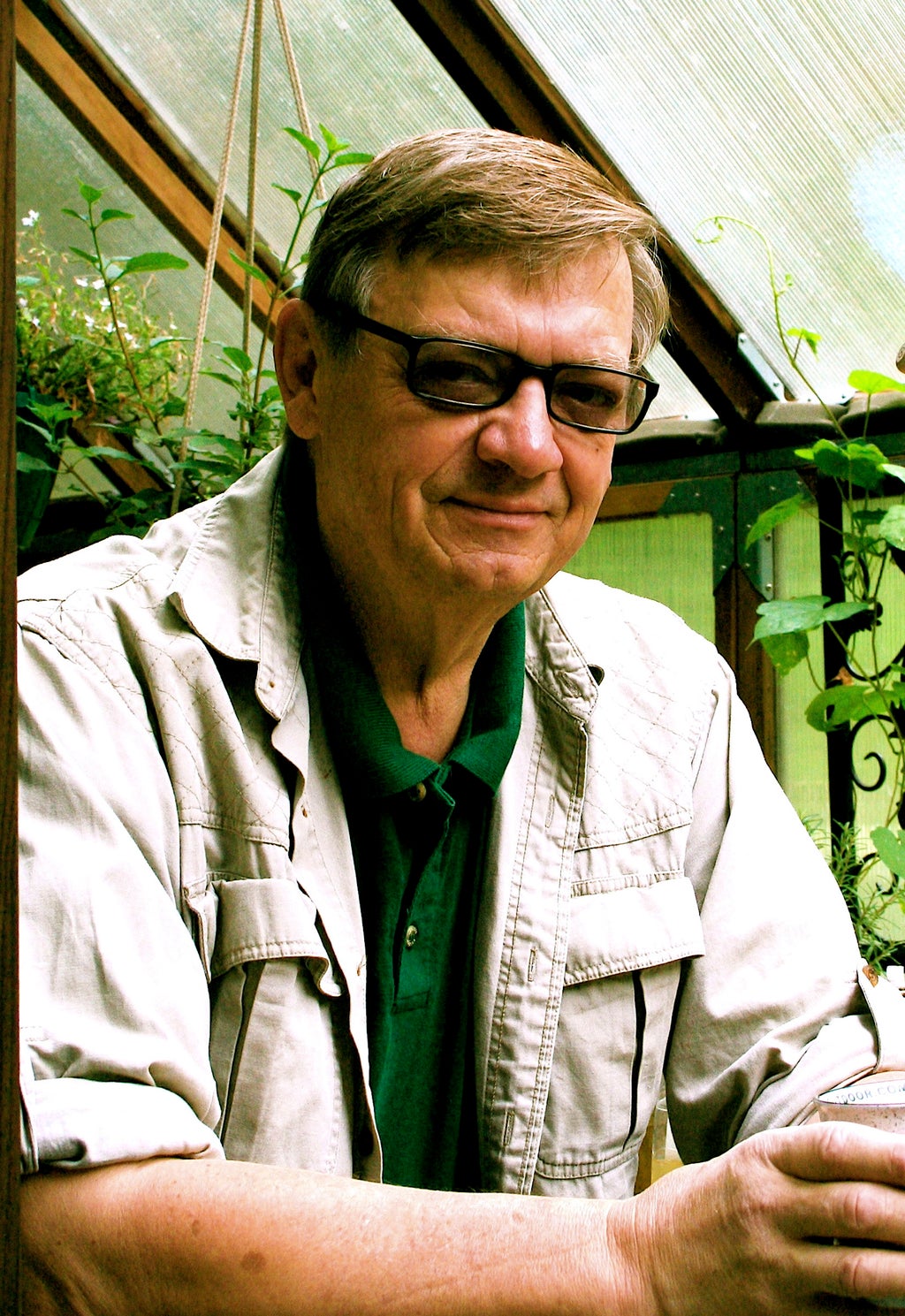
Dean Fosdick, the journalist with The Associated Press who filed the news alert informing the world of the Exxon Valdez grounding and who directed AP’s coverage of what was then the nation’s worst oil spill, died April 27 in Florida. He was 80.
His longtime career with the news service included 15 years as the bureau chief in Alaska.
It was in that role that he was awakened at about 5:30 a.m. on March 24, 1989, by a caller with a tip that an oil tanker had run aground outside Valdez, Alaska.
He quickly confirmed with the U.S. Coast Guard that the tanker Exxon Valdez had struck a reef and was leaking oil into Prince William Sound.
He then directed coverage of the spill that included more than a dozen AP reporters, photographers and editors, reporting on the spill that marred coast lines and covered seabirds and otters in thick crude.
Fosdick was born Aug. 26, 1941, in Owtonna, Minnesota. At age 17, he joined the U.S. Army to see the world. He became a paratrooper with the 82nd Airborne Division and spent two years in the Far East.
After his service, he earned both his bachelor’s and master’s degrees from the University of Minnesota School of Journalism.
After working for the Minneapolis Star newspaper and briefly in politics, he began his long career with the AP in the Nashville, Tennessee, bureau in 1978.
In 1982, he transferred to the AP’s General Desk in New York and became the correspondent in Juneau, Alaska, a year later.
In 1985, he was named Alaska bureau chief, where he helped mold young journalists.
“Dean was one of the finest AP colleagues I’ve ever worked for, and he was a steady force in Alaska journalism for more than a decade,” said Jim Clarke, whom Fosdick hired in 1993.
“He was always ready to tell a good Alaska yarn to the rest of the world and let young pups like me do the same. He relished his staff’s success and pushed us to do our finest work,” Clarke said.
Clarke said Fosdick taught him how to be an AP newsman.
“‘We run for the phones when news breaks’ was one of his favorite sayings,” said Clarke, now AP’s Managing Director of Local Markets.
Larry Campbell succeeded Fosdick as Alaska bureau chief when Fosdick took early retirement in 2001. Fosdick championed him for the position with AP management in New York, where the wire service is headquartered.
Campbell said the best piece of advice Fosdick gave him was, “New York doesn’t want to hear about problems, they want to hear about solutions.”
“That taught me how to be a leader,” Campbell said.
Charles Bingham was a reporter at the now-defunct Anchorage Times and recalled the time Fosdick had a tough time explaining an only-in-Alaska expense to accountants in New York.
In 1988 Fosdick sent reporters to Utqiaġvik, the Arctic Ocean coastal community formerly known as Barrow, to cover efforts to rescue a whale but only after outfitting them with an unusual item.
“He sent a reporting crew, but they weren’t going to be allowed on the ice unless they carried a high-powered rifle as protection against polar bears. Dean had lots of fun trying to explain that expense,” Bingham said.
Campbell also credited Fosdick with keeping the Alaska Press Club alive as members lost interest when the Anchorage Times shut down after losing a newspaper war to the city’s other daily, the Anchorage Daily News.
“The Associated Press Stylebook” is the standard usage guide for newsrooms around the world. Fosdick created a similar book, called “The Associated Press Stylebook for Alaska,” giving usage guides for all things Alaska, something he didn’t seek approval from New York before doing, Campbell said.
“That’s what Dean did, he did things to keep journalism really viable in Alaska to the outside world,” Campbell said. “I think he cared more for Alaska journalism than people realize.”
When Fosdick retired, he didn’t put down the pen, writing a twice-monthly gardening column for the AP until 2019.
Besides being a master gardener, his family’s obituary said Fosdick had a pilot’s license and a scuba certification and was both a beekeeper and an emergency medical technician.
He is survived by his wife Carol and countless friends.







